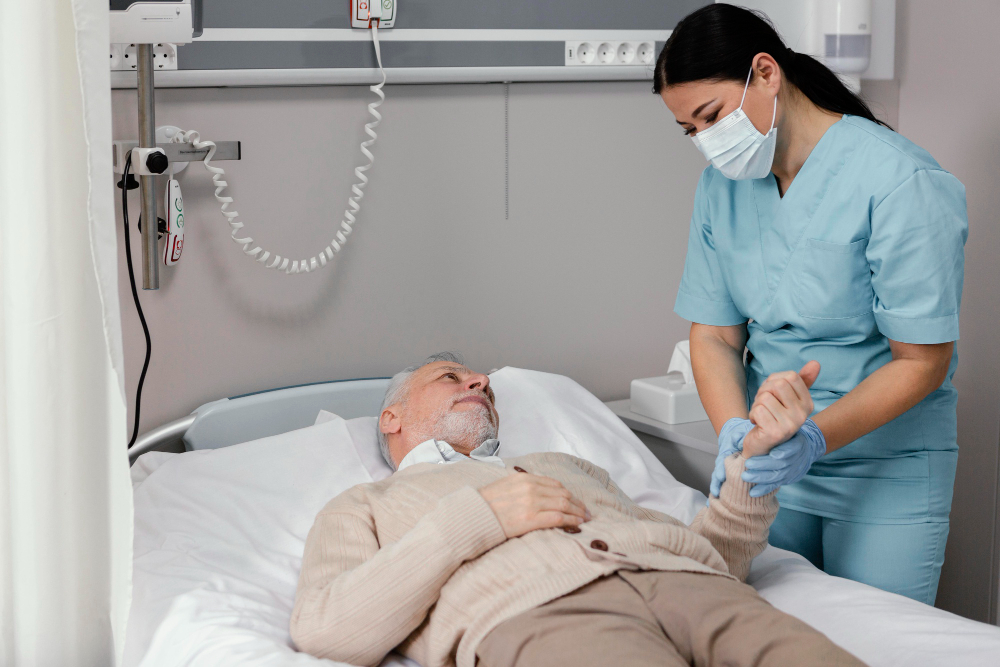
When life throws a medical curveball, knowing where to go can make all the difference. While emergency rooms are vital for life-threatening situations, urgent care centers serve as a crucial bridge for more immediate but non-life-threatening issues. In a bustling city like Philadelphia, PA, having access to quality urgent care is essential.
Urgent care facilities are medical centers designed to provide immediate attention to patients with non-emergency issues. They address conditions that require prompt treatment but aren't severe enough to warrant a visit to the emergency room. These facilities offer a viable alternative, especially during hours when primary care physicians may not be available.
Philadelphia is a city with a rich history and a diverse population. This diversity brings a variety of healthcare needs, making it crucial to have accessible urgent care options. Vital Urgent Care stands out by offering specialized services tailored to the community's needs. Whether you're a resident or just visiting the City of Brotherly Love, understanding when to visit an urgent care center can save you time and stress.
Respiratory infections, including the common cold, flu, bronchitis, and asthma exacerbations, are among the top reasons people seek urgent care. These conditions can cause significant discomfort and often require immediate attention to prevent further complications.
Accidents happen, and when they do, urgent care centers are equipped to handle a variety of minor injuries, including sprains, strains, and minor fractures.
Urgent care centers can effectively manage cuts, wounds, and burns. While minor cuts may only require cleaning and dressing, deeper lacerations might need stitches.
UTIs are a common issue, especially among women. They are caused by bacteria entering the urinary tract, leading to symptoms like pain during urination and frequent urge to urinate.
Digestive system problems like gastroenteritis (stomach flu) or food poisoning often need urgent attention to manage symptoms and prevent dehydration.
While severe allergic reactions require emergency care, mild to moderate reactions can be treated at an urgent care center.
Skin conditions, including infections, rashes, and eczema flare-ups, are frequently addressed at urgent care centers.
Severe headaches and migraines can be debilitating. Urgent care centers offer relief for these conditions through medication and advice on management.
Knowing when to choose urgent care over other medical facilities is crucial. Here are some guidelines to help you decide:
Choosing Vital Urgent Care in Philadelphia ensures you receive expert care when you need it most. Our facility offers:
In the fast-paced environment of Philadelphia, PA, having access to reliable urgent care is essential. Whether it's a minor injury or a sudden illness, knowing you have a trusted partner in Vital Urgent Care can provide peace of mind.
If you find yourself in need of urgent care in Philadelphia, PA, don’t hesitate to reach out to Vital Urgent Care. Visit our website or contact us today to schedule your appointment and experience top-notch care in the heart of Philadelphia.